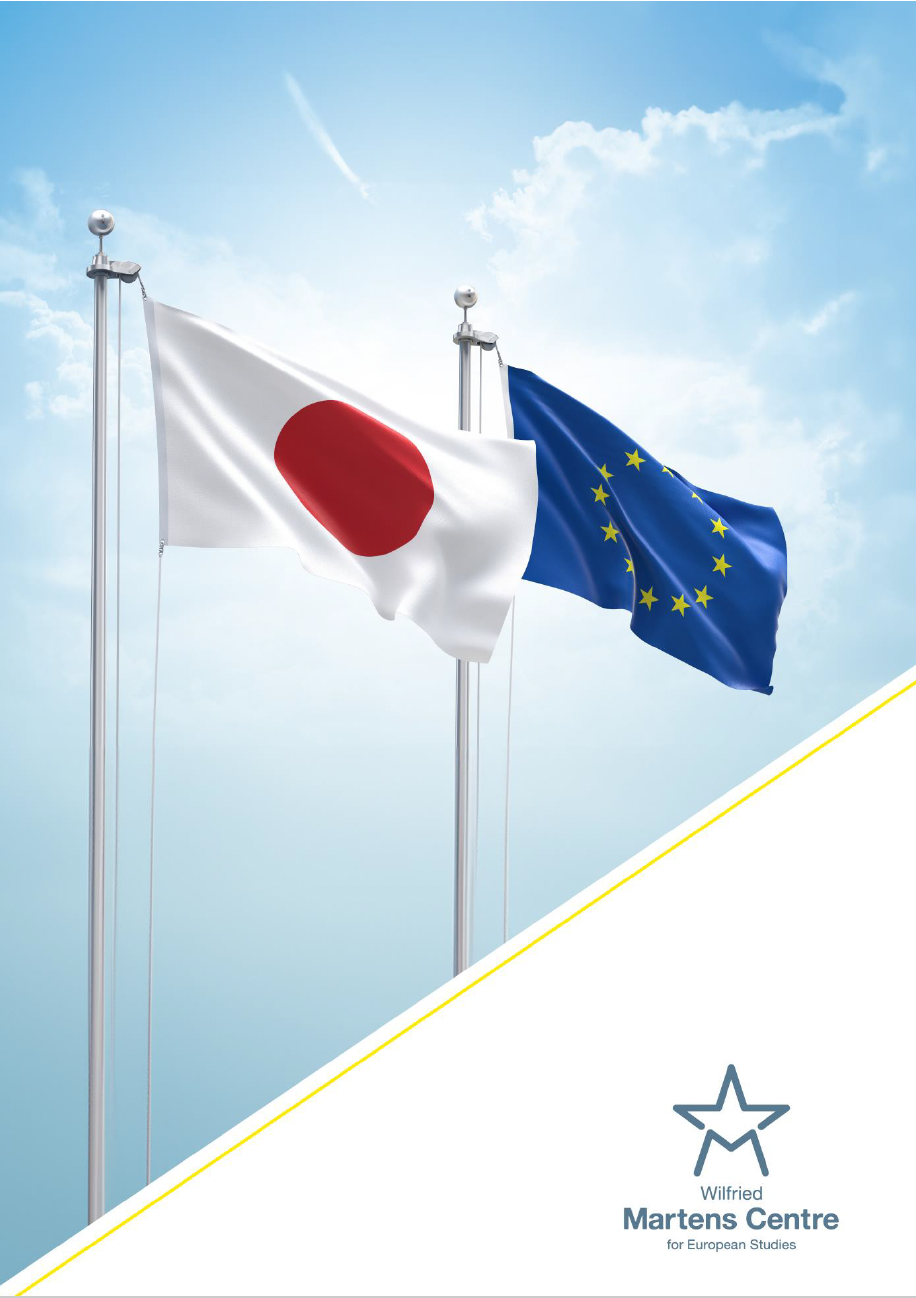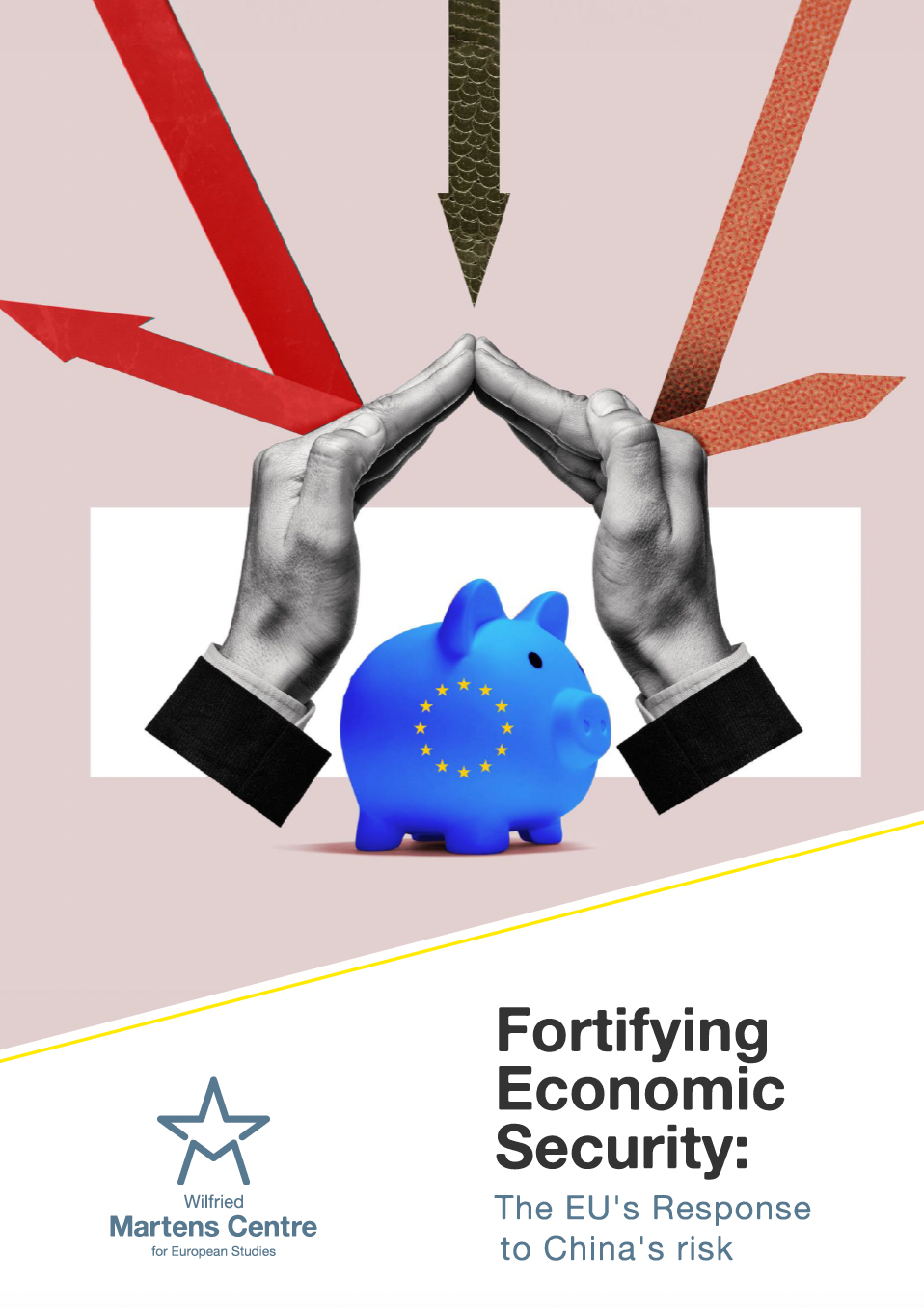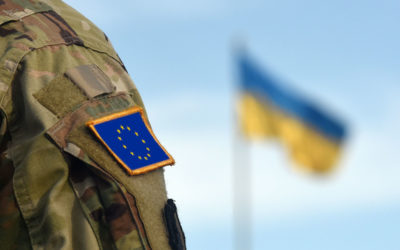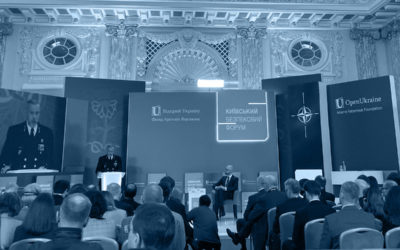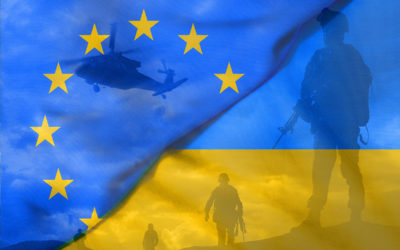Political will required to achieve concrete results during today’s Defence Summit
18 December 2013
Recent months have seen rather little enthusiasm from security experts regarding the upcoming Defence Summit on 19 December. It seems as if despite the pressing issue of increasing security challenges around the EU, no vital decisions are expected to be made when EU leaders will meet this week.
And this although at the beginning experts and politicians were thrilled at the prospect of having a summit that mainly focuses on defence issues with the aim to push member states out of their national defence policy closets. The latest report by the European External Action Service (EEAS) on CSDP in October 2013 outlines ambitious plans and ideas to improve the European defence system that have been on the table for years. The question is, will states move beyond official statements and promises?
Certainly, the pre-Christmas summit lays the ground for the European Council to press ahead with reforms in the areas of operational effectiveness, defence capabilities and the strengthening of Europe’s defence industry. Issues to be dealt with are the reinforcement of the capabilities of the European Defence Agency (EDA), avoiding duplications between NATO and the EU and concrete steps to prevent uncoordinated national budget cuts by member states. Some Brussels insiders, however, fear that discussions on the NSA surveillance affair and calls from southern European countries to tackle illegal immigration at Europe’s external borders could attract most of the attention at the summit.
Notwithstanding these concerns, some aspects should definitely be discussed properly at this summit:
First, indeed, since the ratification of the Code of Conduct of Pooling & Sharing initiatives in by EU Defence Ministers just a year ago, some member states have already made a remarkable effort to harmonise their military capabilities. Take for instance the Netherlands and Belgium, who are conducting coordinated naval training and logistics. Nevertheless, the fact that any naval missions abroad still remain in the hands of each member state has been rightly criticised by senior military officials. We definitely need more investigation in this matter.
Pooling & Sharing initiatives have partly been implemented, as for instance in areas of satellite communication, and this testifies a positive trend in this regard.
But again, fragmented governmental satellite communication systems co-exist. The same applies to EU-wide cooperation in research and technology on cyber defence.
Second, recent joint initiatives on air-to-air refuelling (AAR) by Italy, France and Sweden in September are indeed crucial steps to improve Europe’s military capacities. Nevertheless, cooperation on AAR should be further developed to eventually establish a European multinational multirole tankers fleet.
Third, again the EU should grab the opportunity at this gathering to advertise the increasing role of the European Defence Agency (EDA) in matters of security and defence policy, established to better coordinate member states’ activities in technology, research and procurement. In particular, EDA’s particular capacities and skills to encourage more consultation by EU nations with the agency are of importance.
Fourth, states complaining of high defence expenditures should use the summit to advocate the introduction of a European Defence Review, to get an idea of what Europe’s national military capabilities are. In addition, Europe requires a serious debate on responsibility and effectiveness when it comes to the deployment of EU battle groups.
Fifth, the provision of a fair and effective European defence market, offering also SMEs the opportunity to have a share of the production, should be high on the agenda.
It is understandable that in times of financial crisis member states are obliged to reduce their defence spending.
While it is always debatable whether to engage in any military operation with our partners, capacities, skills and levels of cooperation need to be developed to the extent that we are able to do so if necessary. Some EU states need a wake-up call at this defence summit to realise that more cooperation on the EU level actually means investing less and gaining more.
Let’s face it, our continent cannot afford to lag behind in defence capabilities, given an increase in unpredictable security issues, in particular at Europe’s southern borders, accompanied by a gradual strategic shift of US interest to the Asia Pacific region.
ENJOYING THIS CONTENT?








